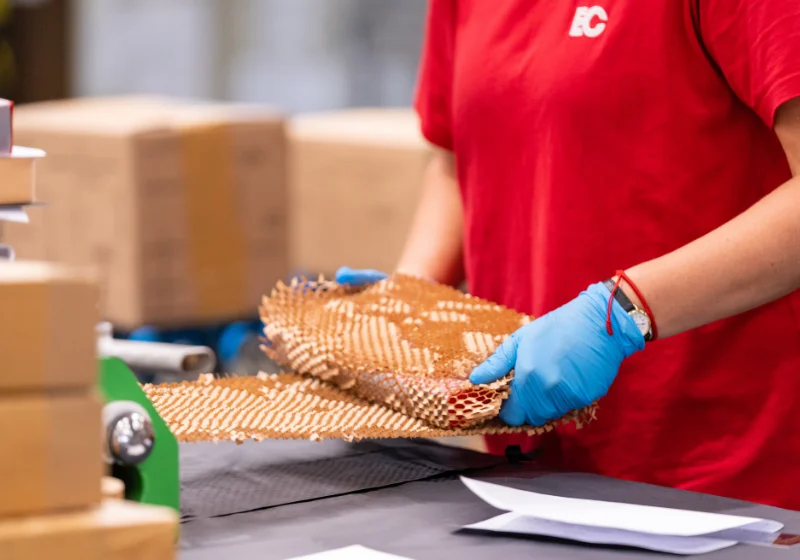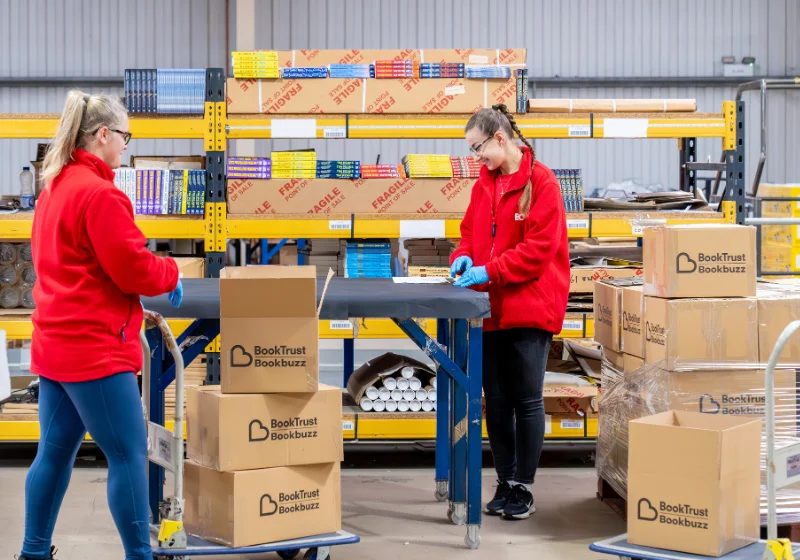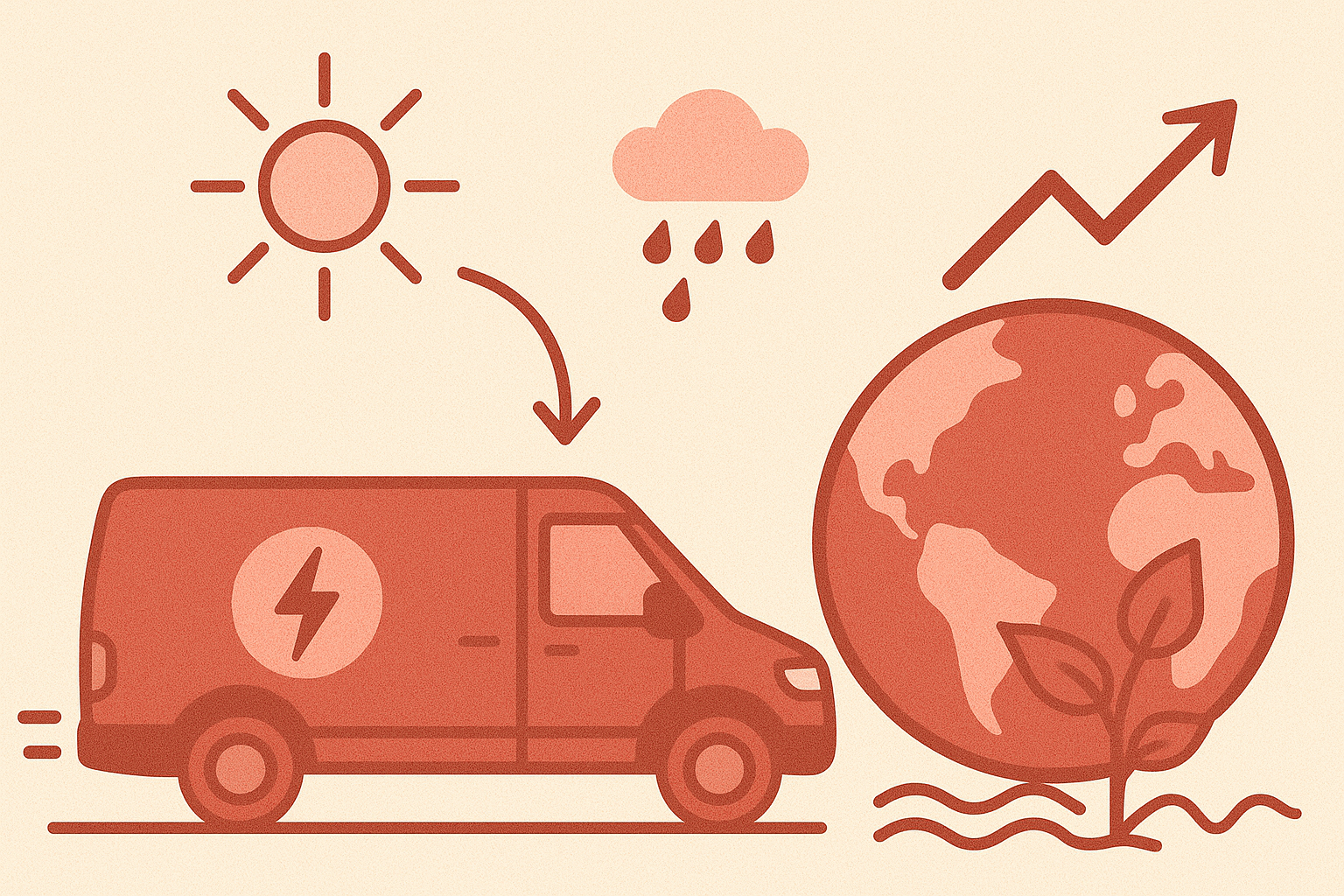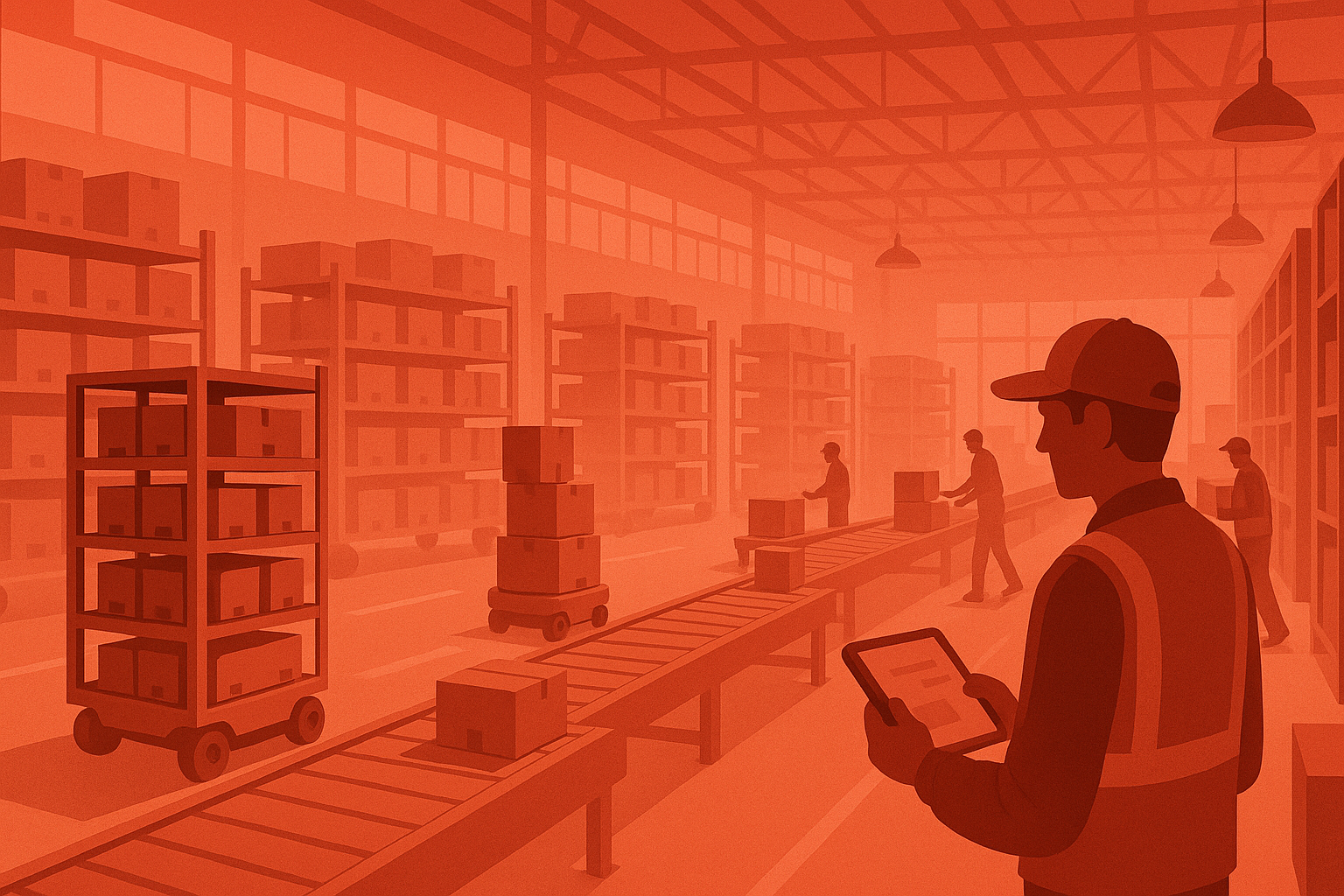With many consumers increasingly preferring retailers and brands that work to reduce their environmental impact, green logistics is more than a trend; it’s a growing necessity.
Green logistics not only aids in the implementation of an environmentally friendly operation, but also in the provision of a far greater, more streamlined service. Traditionally, logistics has prioritised successful order fulfilment over environmental concerns; however, as the need to invest in improved methods and green technology grows, what challenges do we face?
What is green logistics and why is it important?
Green logistics is the practise of modifying the supply chain and delivery methods to emit fewer carbon emissions. Many logistics companies are already making positive changes to become more environmentally friendly, and as everyday consumers become more aware of the climate crisis, businesses must act quickly to provide greener operations.
As a result, with green logistics on the rise to meet consumer expectations, many companies are making significant changes to make their operations more sustainable – which comes with several short-term economic challenges…
EC Group’s commitment to sustainability and environmentally friendly practice offer ideal support for conscious businesses – read more here.

How are green logistics methods creating problems?
Green logistics benefits everyone long-term, with reduced costs, improved operations, and happier customers. However, with the pressure on all businesses to make their operations more environmentally friendly, the short-term challenges we’re facing come at cost:
- New green technology, such as big data, has a costly set-up and can take time to get right. Take small, but important steps first, such as digitalising paper trails.
- Regulations are constantly changing, and new net-zero targets are being created. To gain a competitive advantage, anticipate future changes.
- From 1st April 2023, a new legal standard for minimum energy efficiency will be applied to rented commercial buildings meaning that non-exempt commercial property must have an EPC rating of E (or better). The 2020 Energy white paper also indicated that all commercial properties would be required to achieve an EPC rating of at least B by 2030. Warehouse operators should be planning strategies to improve their commercial properties’ EPC ratings.
- Teams must be educated on new systems and processes. Logistics errors waste time and money and can lead to dissatisfied customers. Companies must provide adequate transition periods and training for new operational methods.
- Widespread shortages of HGV drivers and fulfilment staff are causing delays throughout the supply chain. Without a full workforce, you may be focused on delivering your services without taking the time to consider the long term. Using third-party logistics companies can help bridge this gap, allowing you to focus on growing your business.
- Due to supply chain delays, there are fewer options for certain products/services required to keep business operations running – choosing the green option is not always possible. You can look for your ideal green logistics options and set goals for themselves.
- Electric fleet vehicles are an unanticipated expense for some businesses. Create a green logistics strategy that incorporates route optimization for current vehicles in order to use less fuel and to change your fleet over time.
- Due to the ‘invisibility’ of logistics, short-term costs cannot be easily transferred to customers. To save money, add package drop-off points to reduce last-mile inefficiencies and to provide customers with more sustainable delivery options.

How can my businesses create greener operations?
Being aware of your own carbon footprint allows you to make changes in your business to reduce energy usage and waste. To implement the use of green logistics, you must first understand your entire customer purchasing cycle and supply chain:
- Logistics is changing, with a huge focus on technology, such as the use of big data to improve efficiency and reduce carbon emissions. Big data is becoming increasingly popular for analysing and optimising supply chains and delivery routes. This intelligence allows for a better understanding of customer purchasing cycles, more accurate demand forecasting, and improved customer service, all while lowering carbon emissions.
- Switching to electric vehicles will significantly reduce your reliance on fossil fuels. During COP26, transportation targets included committing to only producing new zero-emission cars/vans by 2035, and fleet-owning businesses using only zero-emission vehicles by 2030.
- Green energy standards should be met by your company’s warehouses and office buildings. Using the globally recognised BREEAM certification, you can ensure that your buildings are compliant and sustainable. Simple changes like LED lighting and more energy-efficient heating systems have a significant impact.
- Finally, consider your packaging and use recyclable or biodegradable packaging to create a greener supply chain. Plastic production has a negative impact on the environment and causes pollution. For a greener business, eliminate single-use plastic or switch to reusable materials.
Although it will be difficult in the short term, developing a strategy to invest in green technology is the only way forward. This will take time and money for many businesses, but it will streamline operations. Use a progressive green logistics rollout strategy that prioritises the simplest and most cost-effective steps for your company first.
Outsourcing a portion of a company’s operations to third-party logistics companies may be the most cost-effective solution for smaller businesses, such as eCommerce retailers.
To find out more about how EC Group’s fulfilment and logistics service could help your business save money and become greener, get in touch.



